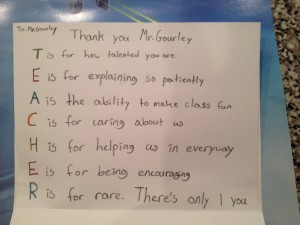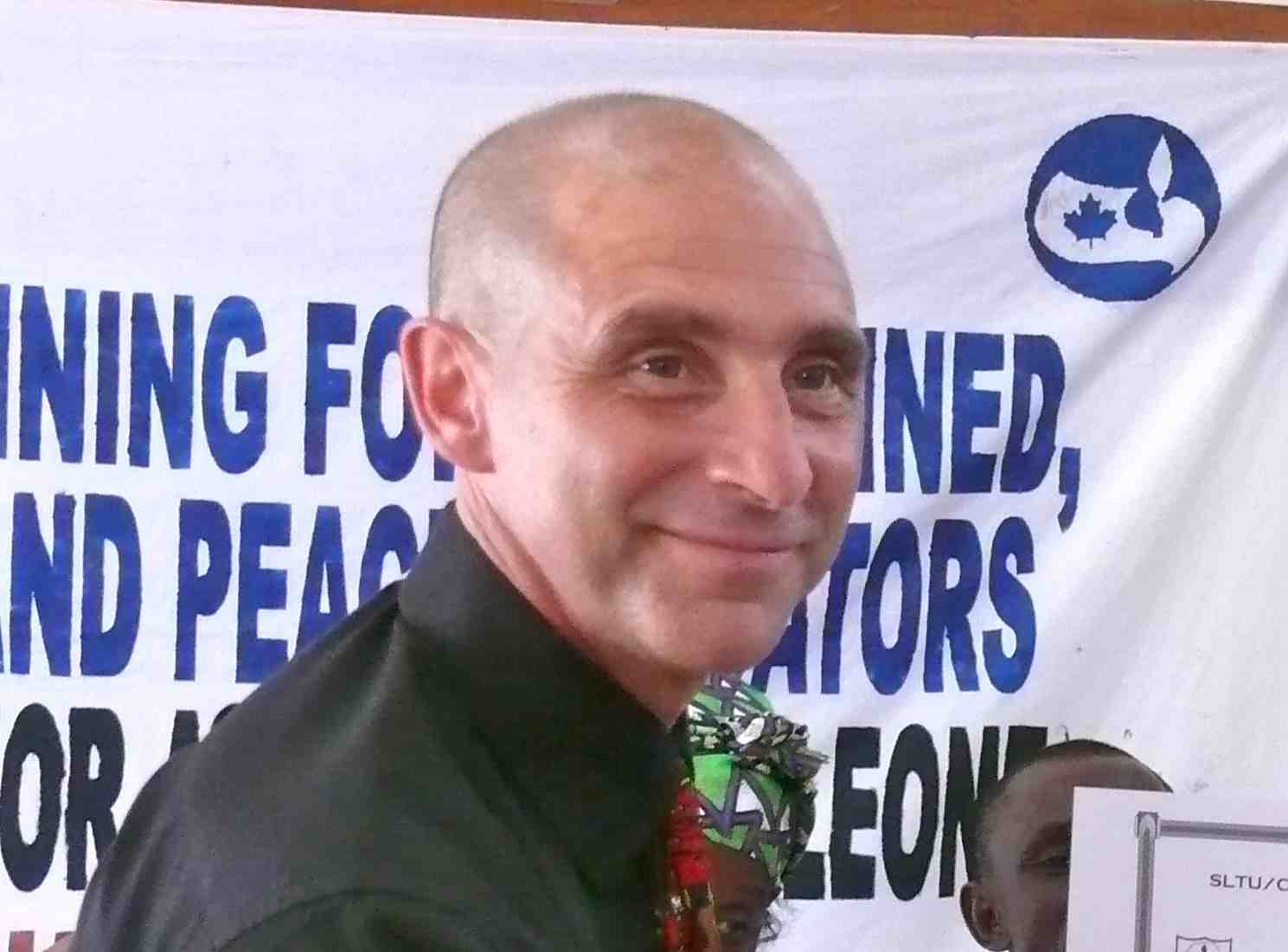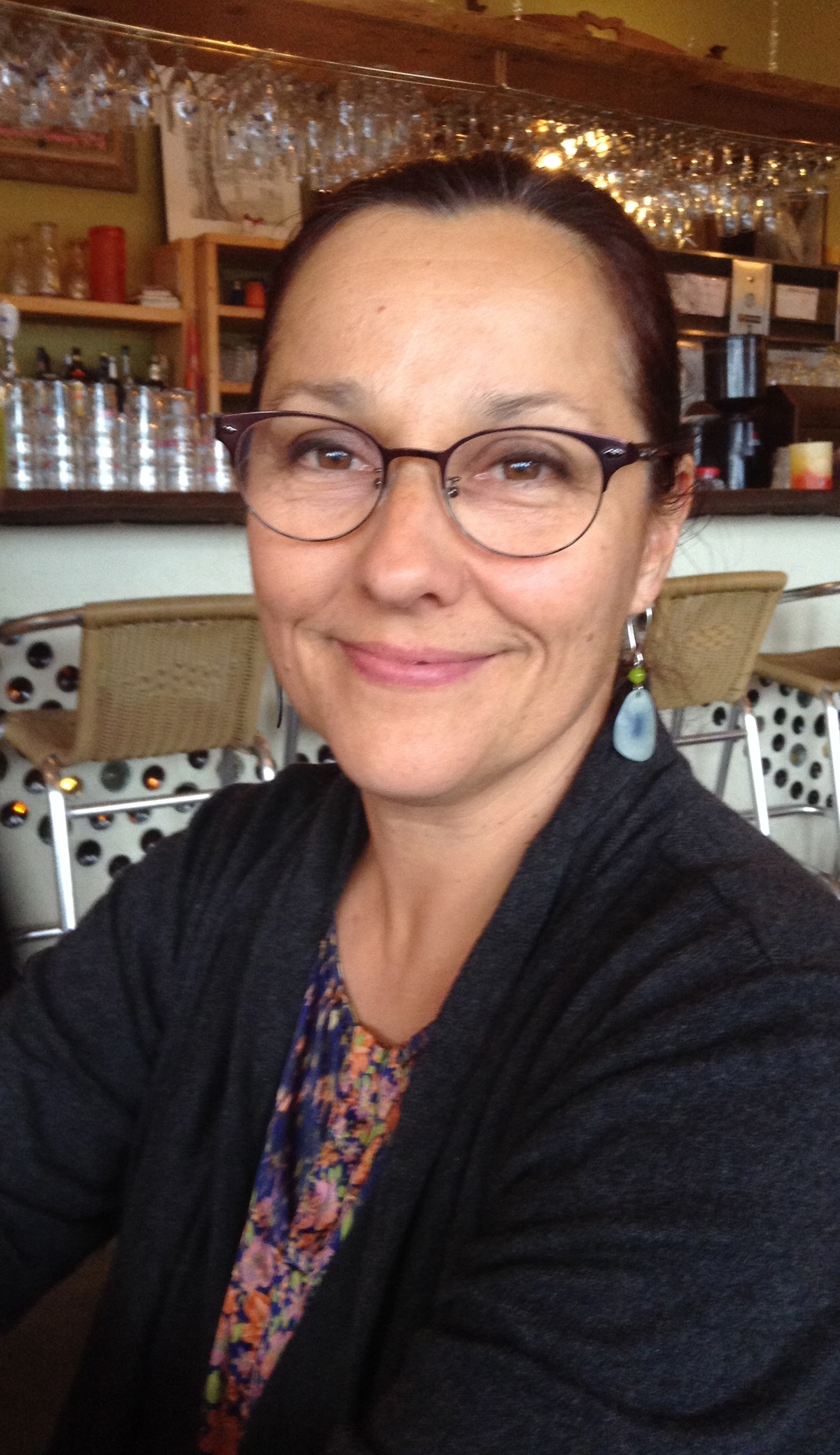It’s Monday.
I should be in the classroom right?
Nope, not this week, or the next one either (insert thoughts of appreciation here).
It’s the Winter break and millions of students and teachers are waking up to the first of 10 vacation days. WooHOO! My internal clock did not get that message. Neither did my clock radio alarm as it went off at 5:55 am as always. So as the chorus of Pat Benatar’s Love is a Battlefield blared, I pressed snooze for the first time since September.
15 minutes later I’m up, dressed, and drinking the first of the day’s many coffees. That’s enough sleeping in for one day.
It has been a hectic 4 months in the classroom.
The months have flown by at the speed of learning(my term).
Not that it’s a bad thing, but frenetic might be an apt single word descriptor.
With reports going home late this year, ongoing committees, teams and extra-curricular activities in full swing to accompany day to day instruction my schedule is full. Needless to say, free time is in short supply.
As the Christmas/Winter Holidays approached, students started hinting about gifts, our school concert, and ideas for class parties. Soon we were discussing clothing and toy drives and plans for the break.
1. “Mr G., I noticed you drink a lot of coffee. Would you like coffee for Christmas?”
2. “Can I volunteer to be an ambassador for the school concert?”
3. “Mr G., here are some toys I brought in for our toy drive. Can I bake some cookies for the class?”
4. “I don’t have a gift for you. I’m sorry.”
Here are my answers in order;
1. Yes please and that’s very thoughtful of you to ask.
2. Yes, you’d be a great ambassador. Thank you for stepping up.
3. What a kind gesture. Some cookies would be awesome as long as they are peanut free.
4. You do not need to apologize or give me a gift. Coming to class, everyday, willing to learn has been the best gift a teacher could receive, and you have been giving it since September. I should be giving you a present.
On the last day before the break we tidied the class, stacked desks, and arranged chairs in a circle for a social activity. Cookies, candy canes, and cheer were shared – along with fun draw prizes for every student. I was blessed with a number of thoughtfully worded cards and generous gifts including coffee(I can quit anytime).
While were all sitting in our social circle I began reflecting more on the conversation with the student who said he had no gift to give. As I shared with him then, his gift to me arrived everyday in his hard work and positive attitude. I realized he had offered me another amazing gift – a chance to encourage my class; to let all of the students know how their hard work and desire to learn were the best gifts a teacher could ever receive. So before the bells rang and the best wishes wished that gift was shared with the class.
As I look back on the first four months it is clear to see that the holidays in our class started in September because we gathered, we shared, and gifts were given.
 Merry Christmas Joyeux Noel
Merry Christmas Joyeux Noel
Happy Holidays Season’s Greetings
Happy Gregorian Calendar New Year





